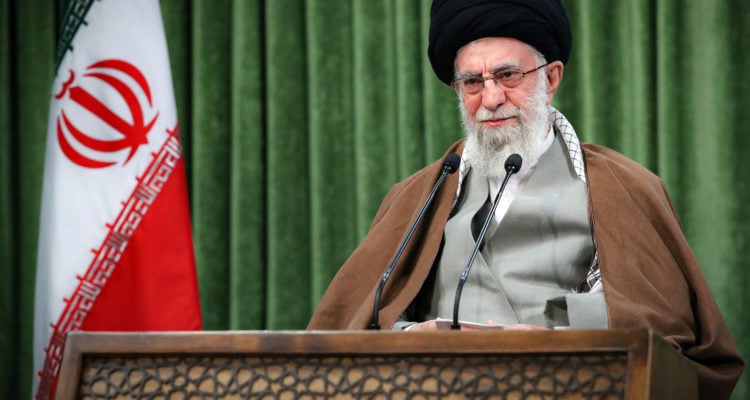
US evacuating embassy staff, families from Israel
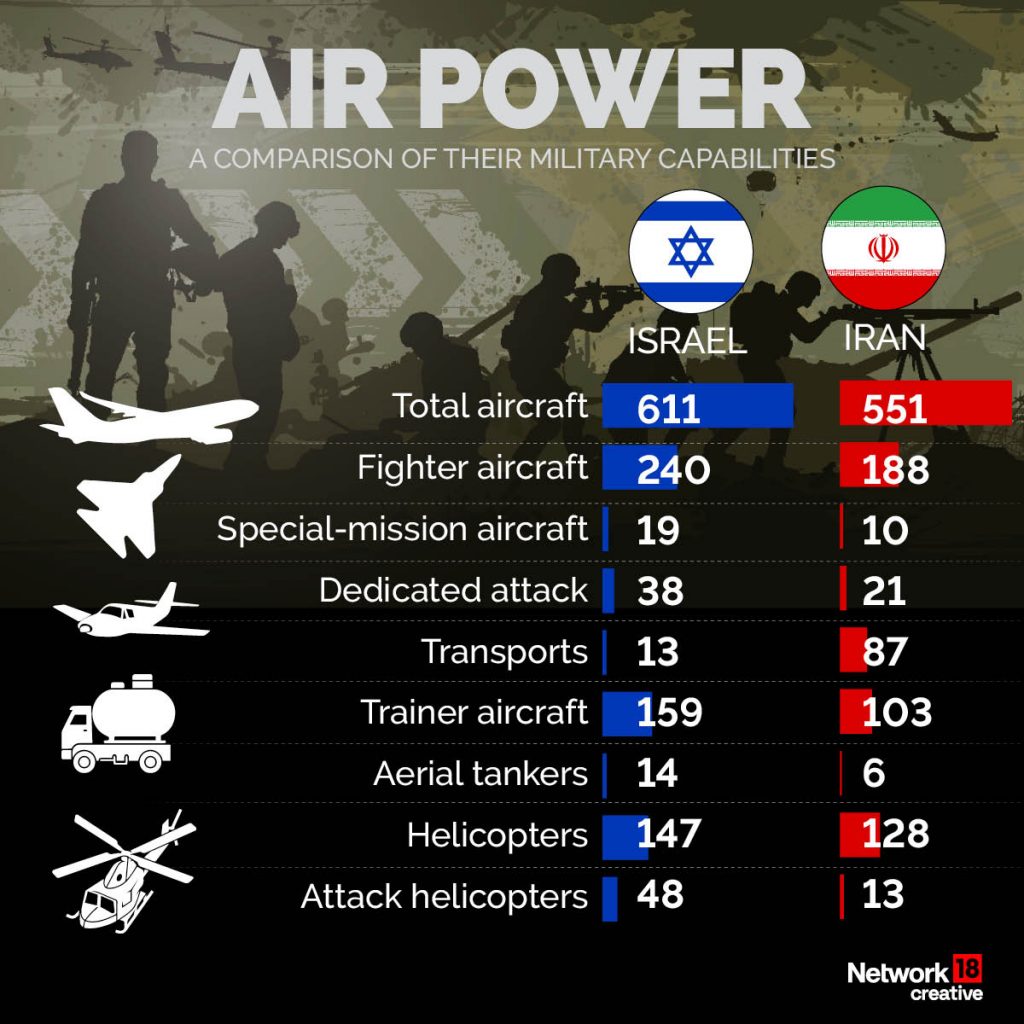
Some American embassy and staff and families of diplomats are being evacuated from Israel, as fears of broader conflict grow.
The United States Embassy in Israel has started evacuating non-essential staff and diplomats’ families from Israel, an official confirmed to the Associated Press.
The evacuation comes as the conflict between Israel and Iran ramps up, with speculation that the U.S. will soon join the fighting.
Since the outbreak of the war on June 13th, Iran has launched heavy ballistic missile barrages on the Jewish State, which have killed 24 people and wounded at least 500.
Israel’s airspace has been closed since last Friday, leaving tens of thousands of Israelis stranded outside the country’s borders.
While tourists, diplomats, and Israeli citizens can leave Israel by using its land borders with Egypt and Jordan, numerous countries, including the U.S., have hinted at arranging rescue flights, which would see Israel’s airspace temporarily reponed for repatriation purposes.
“Urgent notice! American citizens wanting to leave Israel- US Embassy in Israel … is working on evacuation flights & cruise ship departures,” U.S. Ambassador to Israel Mike Huckabee wrote in an X post on Wednesday.
“You must enroll in the Smart Traveler Enrollment Program (STEP). You will be alerted w/ updates,” Huckabee added.
However, the U.S. State Department said in a statement following Huckabee’s tweet that it had “no announcement about assisting private U.S. citizens to depart at this time.”
On Monday, the U.S. State Department on Monday elevated its travel advisory for Israel to a Level 4 “do not travel,” its most severe warning.
Japan, China and Indonesia said on Thursday morning that they are gearing up to help repatriate their citizens who are currently in Israel and Iran.
The Chinese Embassy said it was organizing buses to transport its citizens to the Taba border crossing with Egypt, near the Red Sea port city of Eilat.

Khamenei from Iran : ‘We will not be merciful toward the Zionists’

U.S. President Donald Trump posted on social media on Tuesday that Washington knows “exactly where the so-called ‘Supreme Leader’ is hiding,” but that he was safe for the time being.
Iran’s Supreme Leader Ali Khamenei on Wednesday urged forceful action against the Jewish state, even as the Israeli Air Force continued to operate freely over the skies of Tehran and decimate the city’s military hierarchy.
“We must act forcefully against the Zionist terrorist entity. We will not be merciful toward the Zionists,” Khamenei wrote in a Hebrew-language post on X.
Last week, immediately after Israel launched “Operation Rising Lion” to roll back Iran’s nuclear program, Khamenei tweeted in Hebrew: “This grave mistake will make the Zionist entity miserable and turn its life into misery.”
U.S. President Donald Trump posted on social media on Tuesday that Washington knows “exactly where the so-called ‘Supreme Leader’ is hiding,” but that he was safe for the time being.
“He is an easy target, but he is safe there—we are not going to take him out (kill!) at least for now,” Trump wrote on Truth Social. “But we don’t want missiles shot at civilians or American soldiers. Our patience is wearing thin. Thank you for your attention to this matter!”
Israeli Prime Minister Benjamin Netanyahu told ABC News on Monday night that eliminating Khamenei would not escalate but rather end the conflict between Tehran and Jerusalem.
Pressed on the issue, the prime minister told ABC that Jerusalem was “doing what we need to do” to address the threat posed by Tehran.
What Happens When The U.S. Enters the Iran-Israel War?

While headlines will rage with talk of missiles and militia threats, the most serious consequences will unfold more quietly, deeply, and dangerously over time. Below are four outcomes every American should grasp – because once the U.S. steps into this conflict, the ripple effects will reach all of us.
The Quiet Forces Tearing Iran From Within – Iran’s Digital & Financial Collapse
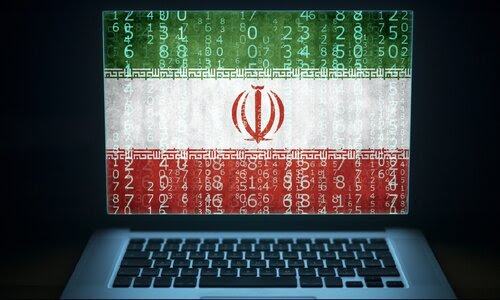
While the world’s headlines are fixated on missile launches and airstrikes lighting up Middle Eastern skies, a quieter — yet arguably more consequential — war is raging beneath the surface. It’s a war not fought with jets or rockets, but with firewalls, financial chaos, psychological tactics, and the tightening grip of authoritarian control.
Signs of the Times
| Last night, Prime Minister Netanyahu said something historic: “Cyrus freed the Jews, and today the Jewish state might free the Persians.” And in a divine twist of history, Israel is striking deep into Tehran on the exact Hebrew date the downfall of ancient Persia began in the Book of Esther. Regardless of whether President Trump decides for the USA to join in our military offensive against the Islamic republic of Iran, we will win even on our own. Am Yisrael Chai!!! |
No Limits: Britain Legalises Abortion Up To The Moment Of Birth

In a move that has stunned many across the UK and beyond, British lawmakers have voted to decriminalize abortion up until birth in England and Wales. It means that a healthy baby, viable and capable of surviving outside the womb, can now legally be aborted for any reason–including social or economic circumstances–right up to the moment of birth.
Gog and Magog Update
The United States is preparing to send its most advanced aircraft carrier, the USS Gerald R. Ford, to the Mediterranean Sea, marking the latest in a series of major military movements amid escalating tensions between Israel and Iran, according to the NY Post.
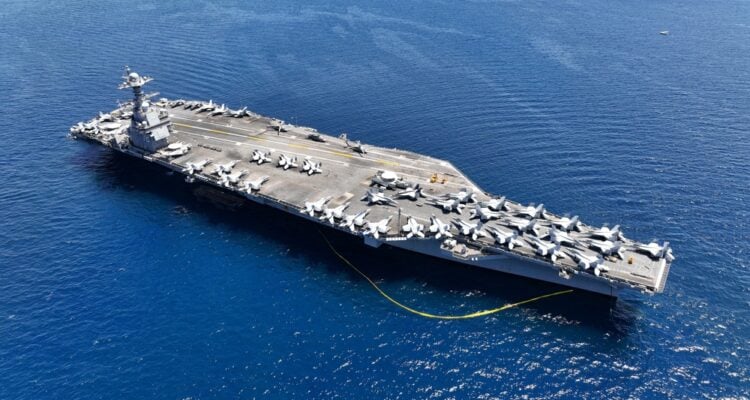
According to a report by CNN’s senior national security correspondent Zachary Cohen, the $13 billion nuclear-powered carrier is expected to depart for Europe as soon as next week.
The move, while reportedly part of a deployment schedule planned last year, is widely seen as a significant show of force during a volatile period in the Middle East.
Once in the Mediterranean, the Ford will become the third US aircraft carrier operating near Iran, joining the USS Carl Vinson, currently stationed in the Persian Gulf, and the USS Nimitz, which the US Navy redirected from Southeast Asia earlier this week.
Iran may switch to cruise missiles instead or even Nuclear of dwindling supply of ballistics
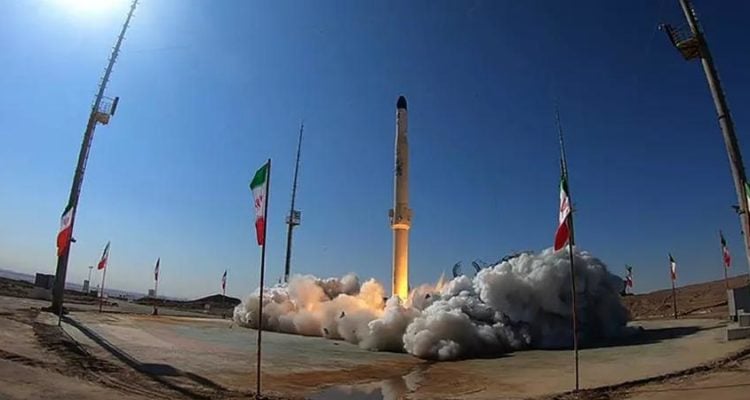
In the first days of the war, Iran launched 100 to 150 missiles at Israel per day, mostly at Jewish civilian centers.
But on the fourth day of the war, these numbers began to dramatically drop off, from 50 to 30, and yesterday, less than 20.
Over the past 14 months, Iran has launched approximately 700 medium-range ballistic missiles at Israel, depleting its arsenal and making it more selective in targeting and timing to preserve remaining stockpiles.
Iran is now launching smaller salvos of missiles at Israel, primarily because its missile stockpile has been significantly depleted after months of conflict and recent intense Israeli airstrikes targeting its launchers and missile infrastructure.
Experts estimate Iran has a remaining inventory of only 300 to 1,300 missiles, and possibly fewer, as Israeli operations continue to destroy launchers and storage sites.
This reduction in available missiles forces Iran to be more selective and conservative in its use, opting for smaller, more targeted barrages rather than the large-scale salvos seen earlier in the conflict.
Military commentator for Israel’s Channel 14, Hillel Biton Rosen, says now that Iran is back against the wall, it has gone from acting like a nation at war to a terror group.
Some experts believe Iran will now try for a long war of attrition by continuing to shoot small amounts of missiles at Israel for a long period. This would be just enough to disrupt daily life without causing huge damage.
Others believe that Iran will now pivot to using cruise missiles to maintain pressure on Israel and compensate for its dwindling supply of ballistic missiles.
Iran has already used cruise missiles against Israel in the current conflict, and it is highly likely that Iran will continue or even increase their use as the war progresses.
Cruise missiles are attractive to Iran because, unlike ballistic missiles, they fly at low altitudes, can maneuver to avoid air defenses, and are harder to detect and intercept.
While cruise missiles are slower than ballistic missiles and take longer to reach their targets, their ability to evade Israeli missile defense systems makes them a valuable part of Iran’s arsenal.